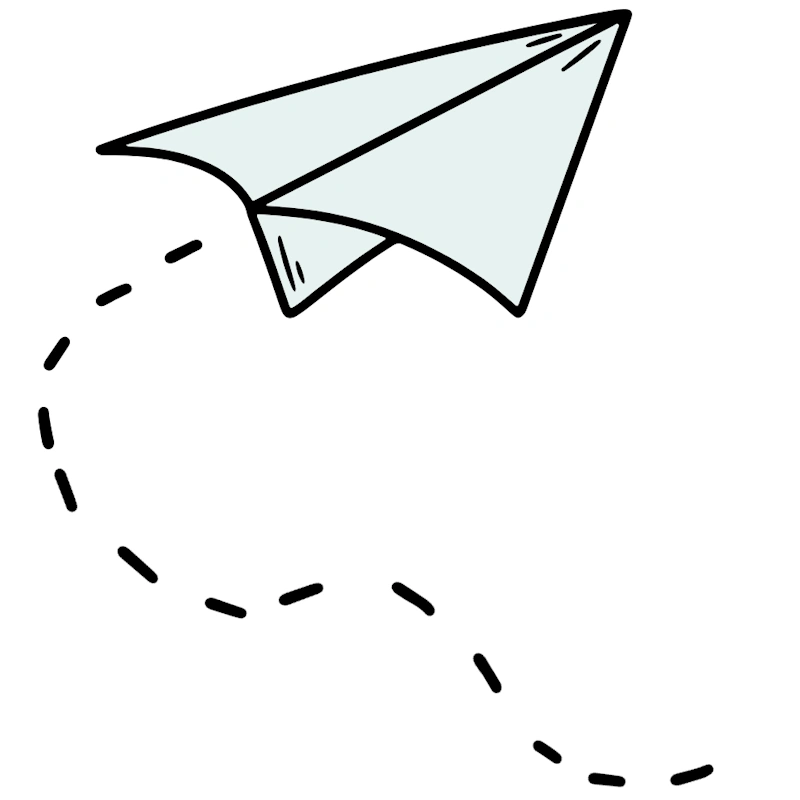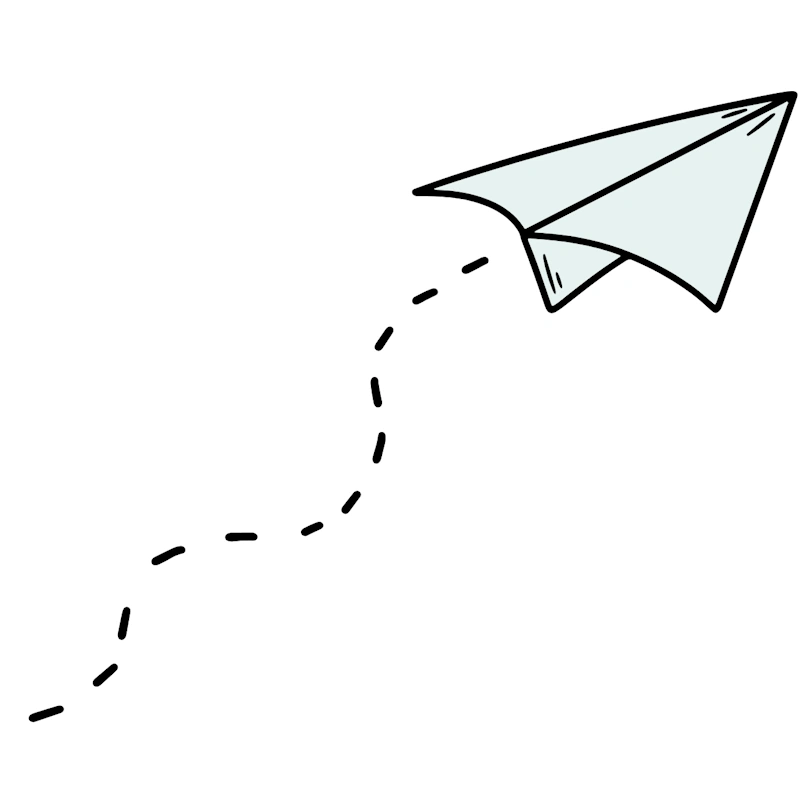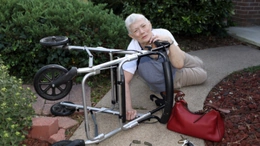How Memory Games For Seniors Can Help Delay Cognitive Decline

There's a subtle rebellion going on in nursing homes, living rooms, and senior centers. It's not fist-raising or sign-waving, but a deck of cards, a crossword puzzle, or a tablet.
But these tools are fighting back against something worse than old age: the slow discounting of memory, language, and attention that is a part of cognitive decline.
Let’s dig deeper into how specific types of memory games for seniors act like tune-ups for the brain’s fading circuits, keeping the lights on longer in the hallways of memory.
What Is Cognitive Decline In The Elderly?
Think of the brain as a library. In youth, everything is alphabetized, shelved neatly, and lit brightly. Over time, the lights dim, some sections become harder to reach, words blur, and pages fade.
This is cognitive decline; it is not a single event but a slow shift. Reaction time stretches and recalling names becomes harder. Following a conversation requires more effort.
A minor decline should be expected as neurons shrink naturally and our brain's blood flow decreases.
However, when these changes start to affect the independence or functioning of one's daily life, it is more than just aging. It has become Mild Cognitive Impairment or even early dementia.
A 2021 report by the Alzheimer's Association says that in the United States, one in nine people over the age of 65 has Alzheimer’s. Over 22 percent are experiencing some level of mild cognitive impairment.
In India, the numbers are rising quickly, especially in urban centers where sedentary lifestyles and a lack of mental stimulation are common in older populations.
Despite this, the brain retains a remarkable ability. It can adapt. It can compensate. Neuroplasticity, once thought to fade with age, is now known to continue, particularly when challenged. This is where memory games walk in like good friends who nudge gently and stay consistent.
How Playing Different Memory Games Maintains Cognitive Functions In Seniors?
Most experts say memory games “boost brainpower,” but let’s dig deeper. Different games target distinct cognitive functions. Here’s how:
Card Pairing Games
Games like classic memory match or newer tablet-based versions, such as Memory Matrix, are not just about flipping cards. They target the brain’s visuospatial sketchpad, part of the working memory system.
Each time a player remembers a card’s position, they are actively engaging the hippocampus and occipital lobe.
In a 2020 study from the University of Exeter, seniors who played visual memory games three times a week for six weeks showed a measurable improvement in spatial recall.
Their ability to navigate unfamiliar environments improved by over 18 percent. This matters because spatial disorientation is one of the earliest signs of degenerative memory conditions.
Word Recall And Story Games
When seniors are asked to listen to a short tale and then retell it, or when they try to recall a word list in order, they are doing something extraordinary.
They are forcing the brain to encode, retrieve, and reconstruct. The regions activated include the prefrontal cortex for attention and the temporal lobe for language.
Narrative games like Tell Me a Story or Remember When, exercises used in community centers in Japan, have shown promise.
A 2018 Japanese trial followed 72 seniors with mild memory loss. After regular group sessions involving verbal storytelling games, participants showed stronger functional MRI activity in areas associated with autobiographical memory.
Even more interesting, the mood also lifted. Seniors participating in story-based games reported a 26 percent drop in loneliness scores.
Strategy-Based Board Games
Chess is not just a game of kings. For older adults, it becomes a mental sparring ground. Planning, anticipation, response inhibition, and long-term memory are all at work.
Mahjong, a complex tile game popular in East Asia, requires pattern recognition, memory, and adaptability. These games don’t just prevent memory loss, they also train executive functioning.
A South Korean longitudinal study followed seniors aged 65 and up who played Mahjong regularly for four years. Compared to non-players, this group had 15 percent more gray matter density in their prefrontal cortex and performed better on planning and multi-tasking tests.
The added bonus is the social interaction that comes with these games, which, according to a 2019 study published in Frontiers in Psychology, lowers dementia risk by up to 40 percent.
Digital Brain Training Apps
Apps like BrainHQ or Peak are not gimmicks if chosen wisely. These programs are built with neuroscience input, offering short, intense challenges that grow in complexity.
In controlled trials conducted by the Mayo Clinic, seniors who used digital memory games five times a week for 10 minutes per session showed statistically significant improvements in both short-term and delayed recall, even after six months.
Not just with the game, seniors were also better at everyday memory problems too such as remembering shopping lists, medications to take, and appointment dates.
Crossword Puzzles And Anagram Games
When a person engages in word games that require the retrieval of obscure vocabulary or rearrangement of letters, the brain doesn’t just dredge up words. It also strengthens neural pathways that organize and connect language to context.
A University of Florida team conducted a comparative study between crossword enthusiasts and non-players over a two-year period. The crossword group showed a much slower rate of decline in verbal fluency tests, even among those who already had early-stage Alzheimer’s.
One striking detail: the brains of frequent crossword solvers displayed fewer beta-amyloid plaques in PET scans, the very plaques associated with Alzheimer’s disease progression.
Pattern Games And Visual Sequences
Games like Tangram, Sudoku variants with pictures, or even mobile puzzles that require players to complete a visual sequence work on the right hemisphere of the brain. This is the region responsible for visual interpretation, creative reasoning, and non-verbal thought.
Visual sequence games have been used in senior therapy programs in Singapore with remarkable success. Seniors who previously struggled with the recognition of everyday objects improved their performance in daily tasks like matching clothes or navigating traffic signals.
One particular program called Color Link, where participants arrange color blocks in patterns based on rules, led to a 20 percent increase in visual short-term memory scores in just one month.
Conclusion
We often talk about aging in terms of what is lost. Mobility. Independence. Clarity. But this narrative forgets the human brain’s most underrated talent, its stubbornness.
Memory games for seniors don’t offer a miracle, but they provide a rhythm, structure, and challenge. And in this challenge, the brain finds reasons to reach a little further, to hold on a little longer.
Improving your cognitive functions has never been so entertaining, as it is nowadays. For more tech-savvy seniors, we've created an article explaining about video games for seniors. Make sure to read it, so you can understand why people call it "a new brain workout".






















